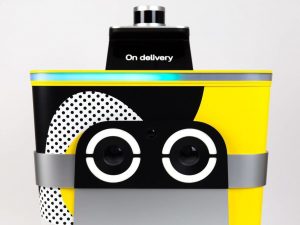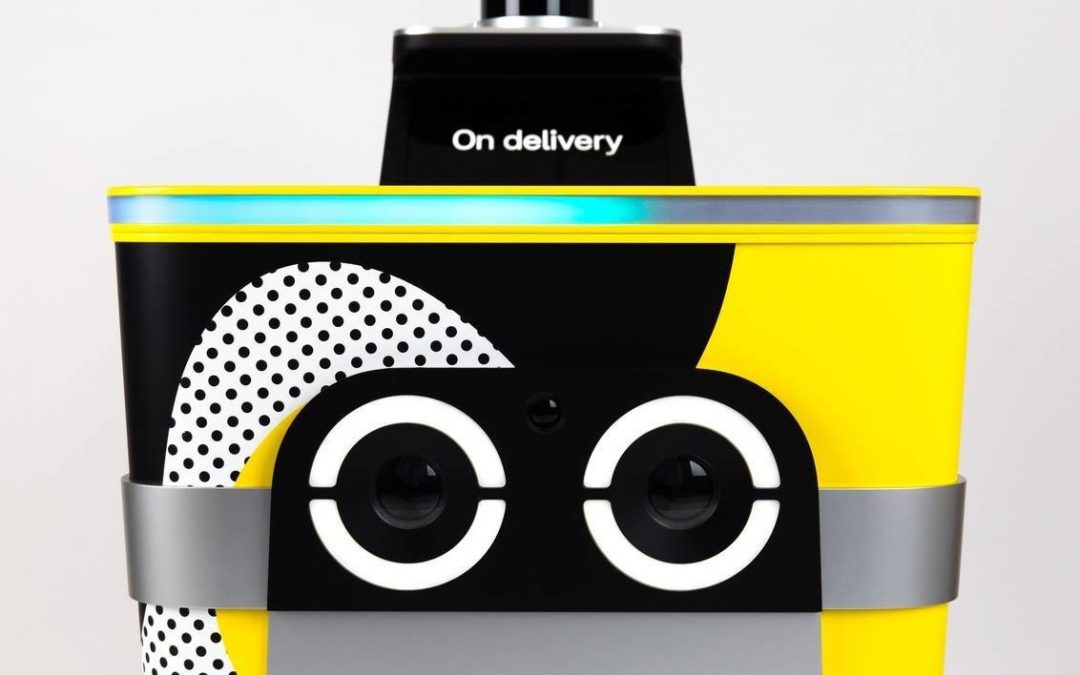Less than three months after Uber finalized its deal to acquire Postmates, the combined entity is spinning off Postmates’ robotics division as an independent company, now called Serve Robotics. Along with that announcement came word that Serve Robotics closed its first round of funding, led by venture capital firm Neo with participation by Uber and other investors.
In a press release announcing the deal, Serve Robotics said it will “continue spearheading the development of a new form of mobility by creating autonomous robots to deliver goods in urban environments.” Through street testing in recent years, the fleet of adorably boxy bots has already proven its viability by serving thousands of households in Los Angeles and has been especially useful during the pandemic by providing customers with contactless delivery.
As an independent startup, the newly independent company said it will expand its market reach through new partnerships as it continues to design, develop, and operate delivery robots specialized in navigating sidewalks.
“While self-driving cars remove the driver, robotic delivery eliminates the car itself and makes deliveries sustainable and accessible to all,” said Dr. Ali Kashani, co-founder and CEO of Serve Robotics. “Over the next two decades, new mobility robots will enter every aspect of our lives—first moving food, then everything else.”

Serve robot
Nearly half of all restaurant deliveries in the US are within a 40-minute walk, offering a tremendous opportunity for robotic delivery to complete them faster, safer, and at a lower cost to consumers and restaurants. The company added that food delivery is still growing, fueled by the global pandemic, with just the U.S. food delivery app revenue expected to grow from $26.5B in 2020 to $42B within the next five years.
“We’re excited for the potential of Serve robots to help our restaurant partners grow their business and find new convenient, safe, and reliable ways to reach customers,” said Stephane Ficaja, General Manager of US & Canada, Uber Eats.
“Just as the automobile transformed our cities a century ago, another major transformation is beginning, with new mobility form factors being introduced over this decade,” said Ali Partovi, CEO of Neo. “We’re thrilled to partner with the Serve team and we believe they’ll attract some of the brightest minds in autonomy and robotics.”
Other major investors include Uber, Lee Jacobs and Cyan Banister’s Long Journey Ventures, Western Technology Investment, Scott Banister, Farhad Mohit, and Postmates co-founders Bastian Lehmann and Sean Plaice.


